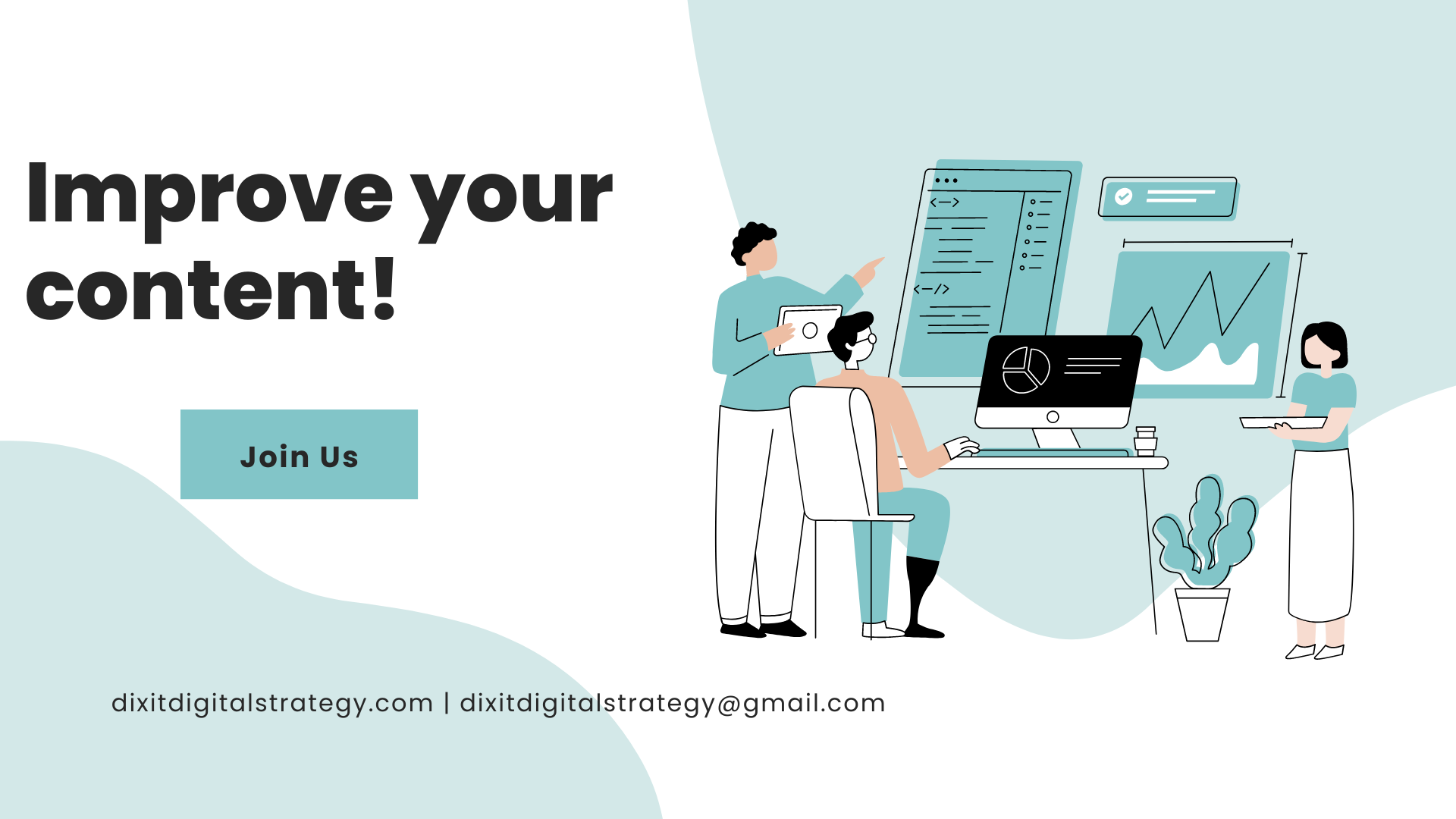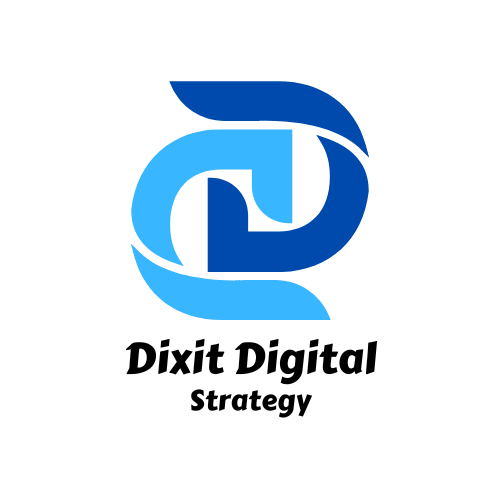
Elevate Your Brand with Content Marketing
What is Content Marketing?
Effective content marketing services is a strategic approach focused on creating and distributing valuable, relevant, and consistent content to attract and engage a target audience. The goal is to drive profitable customer action by providing content that addresses the needs and interests of your audience.
Types of Content to Consider

Blog Posts
Blogs are one of the most versatile and effective content marketing tools. They allow businesses to address common questions, share industry news, and demonstrate expertise.

Videos
it's product demos, explainer videos, or customer testimonials, videos are engaging and highly shareable, making them ideal for social media platforms and websites.

Infographics
Infographics are a great way to present data, statistics, or complex information in an easy-to-understand, visually appealing way. They tend to get shared more often on social media.

Ebooks and Whitepapers
Long-form content like e-books and white papers allows businesses to dive deeper into a subject, providing detailed insights and information that readers can download.

Social Media Posts
Social media isn’t just a platform for promotion. It's also a space where you can share your content, engage with your audience, and build a community around your brand.
Best Practices for Content Marketing
- Consistency is Key: Regularly publish content to keep your audience engaged and improve your SEO.
- Focus on Quality: Prioritize creating high-quality content over quantity. One well-crafted piece can have a greater impact than several mediocre ones.
- Optimize for SEO: Use relevant keywords, meta descriptions, and internal linking to boost your content’s search engine ranking.
- Engage with Your Audience: Respond to comments, ask for feedback, and encourage discussions to build a loyal community.
- Repurpose Content: Adapt your content into different formats to reach a broader audience and maximize its lifespan.
Data-Driven Campaign Management
- AI and Machine Learning: Utilize AI tools to analyze vast amounts of data, predict trends, and adjust bids automatically for better performance.
- Advanced Analytics: Regular analysis of campaign performance metrics, such as click-through rates (CTR), conversion rates, and cost per acquisition (CPA), to optimize strategies.
Why Is Content Marketing Important?
Content marketing helps increase your brand’s visibility online. When you consistently produce valuable content, it draws people in. For example, if someone is searching for answers about digital marketing strategies and comes across your blog, they’ll begin to associate your business with expertise in that field. Over time, more people will recognize your brand simply because they’ve seen your content.
People buy from businesses they trust, and trust is built when you provide them with useful, reliable information. High-quality content, whether it’s blog posts, white papers, videos, or case studies, can position you as an authority in your industry. For instance, if your company specializes in web design, creating content around design trends, user experience (UX) tips, or development case studies can help establish you as an expert.
Search engines like Google reward websites that consistently produce high-quality, relevant content. Content marketing can dramatically improve your SEO by providing opportunities to use important keywords, generate backlinks, and engage users, all of which lead to better rankings on search engines. More traffic translates into more leads, which ultimately means more conversions.
Good content keeps your audience engaged. This is especially important in an era where users are bombarded with information. When your content is engaging, informative, and helpful, readers are more likely to spend time on your site, share your content on social media, and return for more. Think of your content as a way to start a conversation with your audience, inviting them to participate and engage.
Effective content marketing moves prospects through the buyer’s journey, from awareness to consideration, and finally, to decision-making. By providing the right content at the right time—such as a how-to blog post for someone in the research phase or a case study for someone evaluating their options—you can nurture leads and help them move closer to making a purchase.
